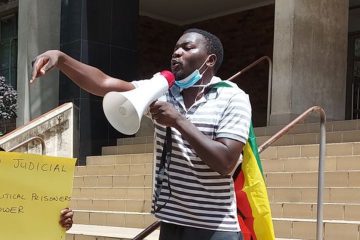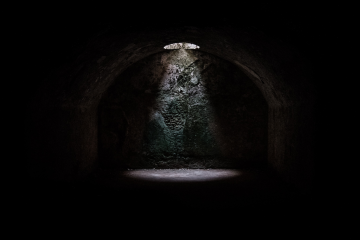The corporate sector can and should do more to support female human rights defenders, including by fostering new and different relationships with civil society organisations and individuals themselves.
This was one of the messages to come out of an event at the House of Commons, hosted by Prisoners of Conscience and the All Party Parliamentary Human Rights Group (PHRG) last week (Thursday 5 March) to celebrate the courage of female human rights defenders.
“Companies have a responsibility to respect human rights. As part of their efforts to meet this, they should actively seek to identify human rights defenders who could be at risk through their own activities or what is happening in their supply chain. We’re seeing increasing focus among forward-looking companies on the risks faced by human rights defenders, and it’s important we build on this momentum to strengthen engagement,” said Catie Shavin, director at the Global Business Initiative on Human Rights who was speaking as part of the panel discussion.
She said: “Female human rights defenders face much greater challenges and risk in the work they do. They can be marginalised, they risk public shaming, attacks on their reputation, harassment and violence. So we need to give women human rights defenders particular attention, protection and support.
Shavin added: “Supporting human rights defenders creates a more sustainable business environment, and helps build trust and confidence. But this is not something that business can do alone. Better communication regarding what is happening on the ground is needed, and companies are increasingly seeing the value of engaging on specific challenges with those defending human rights and civil society organisations, who might have visibility and expertise that a company might not otherwise be able to access.”
Shavin suggested that changing the narrative used when talking with businesses about human rights defenders could help more organisations pick up the mantle. She said: “Concrete examples that demonstrate the connection between female human rights defenders and businesses can help make the issue resonate and feel relevant to the day-to-day operations.”
Nicole Piche, co-ordinator of the PHRG, said: “Women human rights defenders are often at the forefront of the struggle for women’s rights – championing equality, personal autonomy, their political and civil rights, and their economic, social and cultural rights – often at considerable personal cost to themselves, and sometimes even their families and friends, when they are working in the world’s most challenging environments.
“But many women human rights defenders also work courageously and selflessly for their wider communities, including marginalised men and boys, indigenous peoples, ethnic and religious minorities, LGBTQI+ people and the poorest in society, to ensure they can all enjoy the full range of rights, fulfill their individual and collective potential, and participate meaningfully in shaping their lives.”
Also speaking at the event was Diba Alikhani, a member of Prisoners of Conscience’s trustee board and a former beneficiary of the charity. She was forced to leave her home country of Iran due to her work campaigning on, and supporting people affected by, issues such as domestic violence, honour killings and under-age executions.
Alikhani said: “I never considered myself as a victim because what I did was by choice defending freedom and justice for others. As a survivor of political imprisonment, I want to stress how important the role is that everyone can play. Every action you take makes a difference to a person who has their rights stolen from them.”
Victoria Brittain, vice-chair of Prisoners of Conscience and former associate foreign editor of The Guardian, said: “I always think of Prisoners of Conscience as a window on the world and that window is into the lives of some of the bravest and most selfless of people – human rights defenders. It is also a window into another world of what are almost Shakespearean cruelty, torture, bigotry and abuses of power.
“As ever women and girls are often the chosen targets. Increasingly, the world has changed and women are emerging as heroines who change their own lives and those of their families against tremendous odds.”


